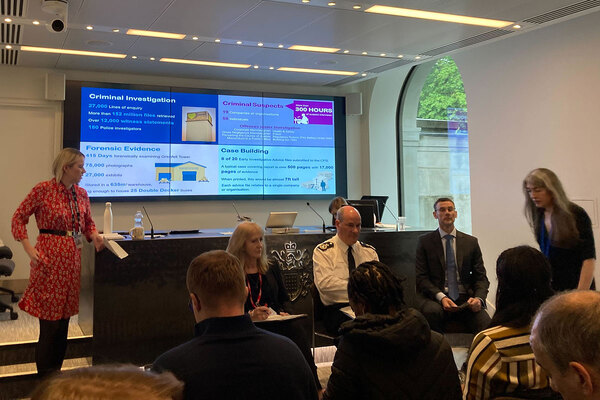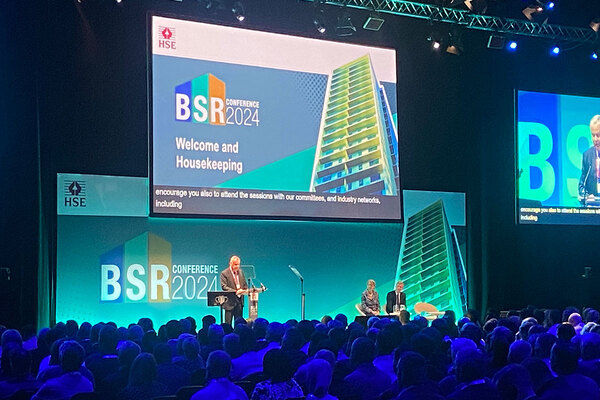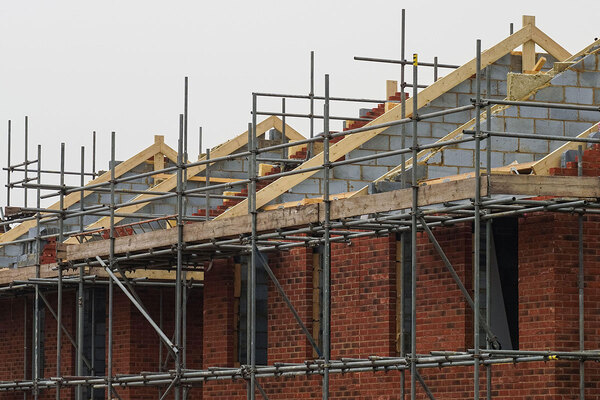You are viewing 1 of your 1 free articles
Nutrient neutrality U-turn will help us meet housebuilding goals, housing association says
A housing association affected by nutrient neutrality rules has said the government’s removal of the restriction will help it meet its housebuilding target.
Abri, whose schemes in the Solent region of Hampshire have been paused since 2019, told Inside Housing that the government’s plans would help it achieve its development targets.
Sam Stone, associate director of land and planning, said: “Abri welcomes the government’s plans to amend legacy EU laws on nutrient neutrality, to deliver more homes whilst continuing to protect the environment.
“Right now, the need for more affordable housing could not be greater and the current laws on nutrient neutrality have slowed delivery and caused land prices to increase as a result. It’s crucial we find ways to protect the environment and to continue to build affordable homes.
“The contribution of new homes to rising nutrient levels in rivers is shown to be minor. Abri has a commitment to build 10,000 homes by 2030, and these plans proposed by the government will help us achieve this.”
The housing association added that it would “continue to find ways to reduce embodied carbon and offset any environmental impact caused” by the new homes.
However, some small and medium-sized house builders have expressed fears that leaving decisions to the relevant local authorities may not result in quick progress.
Chris Winter, managing director at Somerset house builder Cherwyn Developments and head of the Nitrates and Phosphates Strategy Group of developers, told Inside Housing: “I am slightly concerned that leaving decisions to the local authorities, who are currently the ‘competent authority’, may not make any difference.
“But maybe that’s me being sceptical, as we were told a year ago that government had solved the problem by putting more emphasis on the water companies to clean up their act (by 2030) and that Natural England were going to introduce a nutrient credit scheme. Neither of which have made any difference to the problem we have endured for three years.”
He added: “One can only hope they have a plan and will give proper guidance to the local planning authorities and we will see some positive outcomes.”
On Tuesday the Department for Levelling Up, Housing and Communities (DLUHC) said that scrapping the “defective EU laws” through an amendment to the Levelling Up Bill would allow developers to begin construction in affected areas “in a matter of months”.
Asked to clarify whether Natural England would continue to advise councils in an advisory capacity following the government’s amendment, a DLUHC spokesperson told Inside Housing: “Our legal changes will mean that councils must disregard nutrient outfall for the development concerned. This removes the basis of the Natural England guidance which will no longer apply.
“Instead, we are investing separately with Natural England to offset nutrient outflow from new housing.”
“Once the measures have been accepted into the Levelling Up Bill, and enacted following Royal Assent, developers will be able to progress planning applications in the normal way, including through the appeals system.”
DLUHC said it would double investment in Natural England’s nutrient mitigation scheme to £280m to offset the additional nutrient discharge of up to 100,000 homes between now and 2030.
However, councils affected by the guidance have told Inside Housing they will defer to Natural England on future decisions.
A spokesperson for Cheshire West and Chester Council, which has two areas affected by the current rules, told Inside Housing: “Any policy or planning applications matters for those areas will be considered on a case-by-case basis with the advice of all relevant consultees, such as Natural England, considered at the time.”
Sign up for our development and finance newsletter
Already have an account? Click here to manage your newsletters












